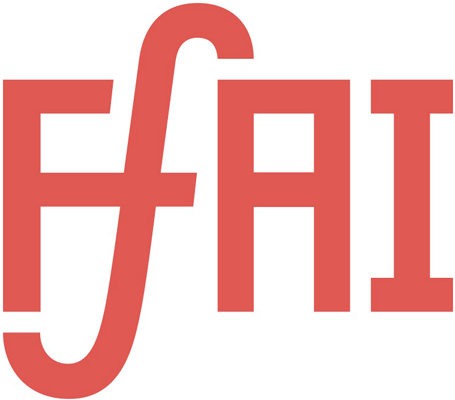17 – 18 January 2017
Museum of Contemporary Art Metelkova, +MSUM
The Glossary of Common Knowledge is a five-year research project run by Moderna galerija (MG+MSUM) within the framework of the broader European project “Uses of Art - the Legacy of 1848 and 1989” by the European confederation L'Internationale.
The sixth seminar of the project is entitled “Glossary of Common Knowledge: Other-institutionality”. It will be conducted in English and held on 17 and 18 January 2017 in the conference room of the Museum of Contemporary Art Metelkova.
LINK to the project's web page.
About The Glossary of Common Knowledge
The goal of the project is twofold: to compile a glossary of art terminology that differs substantially from what is found in the existing literature on art, and to do so in collaboration with institutions and individuals (called narrators) from Europe and other parts of the world who propose terms relating to their own practices and contexts, and subsequently compare them. These narrators are involved in the process of editing the glossary throughout the project, producing new knowledge through comparisons. This makes the Glossary of Common Knowledge an alternative to comparable projects that conform to the dominant epistemological models. The terms are discussed and defined at seminars dealing with five referential fields (historicizing, subjectivization, geopolitics, other institutionality, the commons), and then compared to produce new ones through associative connections. At the seminars, curators work with narrators from the institutions of the confederation L'Internationale and with narrators from other parts of the world. The Glossary is accessible already in its intermediate stages at the Glossary of Common Knowledge website and at the Moderna galerija website. In 2017, the Glossary of Common Knowledge will be published in book form.
Concept of the sixth seminar: Other-institutionality
Many institutional structures inherited from both the bourgeois and the socialist national states survive today either as ruins of the past, ready for touristic consumption or as precarious organizations sieged by spurious powers. Social and political movements of many different kinds are now reclaiming the institutional space from a new political imagination. A few contemporary institutions all over the world are rehearsing forms of negotiation with these instituent practices. During the other institutionality seminar, the narrators are going to present their terms in the context of artworks, social and institutional practices shape either historical cases which were signified by specific local environments such as former Yugoslavia or similar contexts, or with the new commissioned artistic proposals related to different issues about future. As for the historical cases, we are especially interested in a comparison between 'institutional critique' in different non–western localities; as for the works about future, we would like to link them to the context of the global 'new world chaos'.
Narrators for Other-institutionality referential field
Curators
Zdenka Badovinac (MG+MSUM, SI)
Bojana Piškur (MG+MSUM, SI)
L'Internationale narrators
Nick Aickens (Van Abbemuseum, NL)
Charles Esche (Van Abbemuseum, NL)
Igor Španjol (MG+MSUM, SI)
Anders Krueger (M HKA, BE)
Meriç Öner (SALT Research, TR)
Vasif Kortun (SALT Research, TR)
Francisco Godoy Vega (Museo Nacional Centro de Arte Reina Sofía, MNCARS, SP)
Pablo Martinez (MACBA, SP)
Global family narrators
Azra Akšamija (MIT Program in Art, Culture and Technology, BH/AT/US)
Jesús Carrillo (ES)
Patrick Flores (PH)
Kate Fowle (RU)
Alenka Gregorič (SI)
Sohrab Mohebbi (IR/USA)
Glossary of Common Knowledge is a part of a five year programme The Uses of Art – Legacy of 1848 and 1989 led by L'Internationale confederation of museums. Supported by Ministry of Culture of the Republic of Slovenia and the Culture Programme of the European Union.
 |
 |
 |
 |